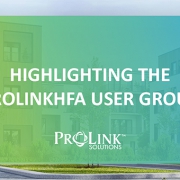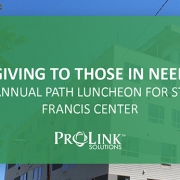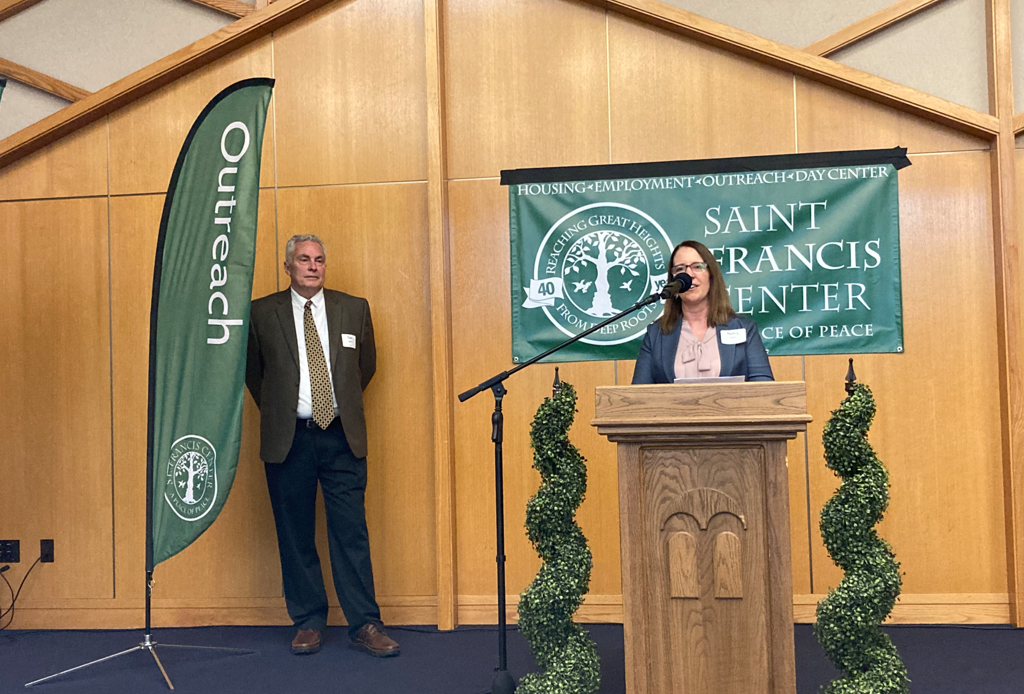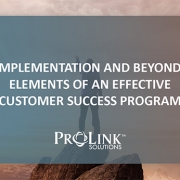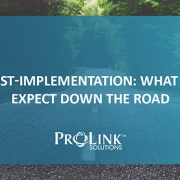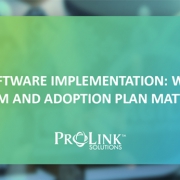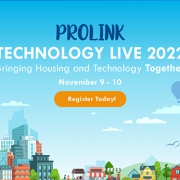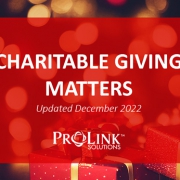Highlighting the ProLinkHFA User Group
In recent years, ProLink has seen significant growth in activity from our ProLinkHFA User Group, with a large part of new product functionality being driven by the software end-users.
The User Group started in 2014 as an opportunity for ProLink to collaborate with our clients and have them weigh into the ProLink product roadmap, influencing ProLink’s ability to address the evolving needs of the affordable housing industry.
To this day, the User Group has a significant impact on ProLinkHFA’s functionality. In 2023 alone, the group has elected approximately 30% of the year’s planned feature enhancements (YTD).
What is the ProLinkHFA User Group?
The ProLinkHFA User Group is a group comprised of all of ProLink’s ProLinkHFA clients. Once an agency is live with ProLinkHFA, they are grandfathered into the User Group.
There are different levels of participation that occur in the User Group, however all members participate and vote equally on new product features.
Recently, ProLink launched a custom data view enhancement. This new, game-changing functionality would not have been possible were it not for the nomination by the User Group.
How did the new Custom Data Views enhancement come about within the User Group?
This functionality was proposed by two members of the User Group, Wisconsin Housing & Economic Development Authority (WHEDA) and Florida Housing.
Danny Escuder, IT Manager for WHEDA, originally submitted the feature to the group and developed the business case with his team, submitted it for review and eventual voting by the User Group.
Florida Housing has multiple potential use cases for this functionality to supplement their own reporting needs. Susan Parks, Data Manager for Florida Housing, wanted to ensure that Data Views in ProLinkHFA present the best information to its users so they can be as efficient as possible in creating their own reports. She found a need to be able to combine different screens of data, a function which was not yet possible. Her main use case was that they were manually combining the data from multiple sources for Florida Housing’s annual reports.
What ProLink created to respond to the needs of WHEDA and Florida Housing is a custom SQL query that offers the ability to essentially “combine” different Data Views into a single screen, available within ProLinkHFA in real time.
Recently, Danny and Susan spoke about this topic at length during the June 2023 ProLinkHFA webinar session titled Game-Changing Enhancement to ProLink Data Views. (You can view the webinar recording here)
We are grateful for the participation of our User Group and always urge participation. Feedback and insights from the group helps ProLink provide better customer service, make better decisions and improve our products for everyone.


